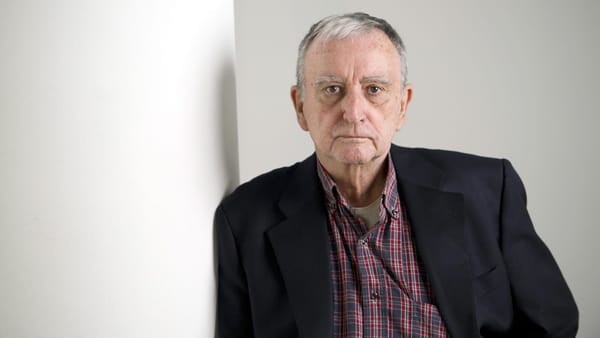The Kirchners
Dice The Economist en su printed edition:
The Kirchners’ electoral strength stems mainly from an economy that has grown at an annual average rate of 9% for the past four years. Helped by high prices for its farm exports, Argentina has recovered vigorously from its economic collapse of 2001-02. Unemployment has fallen from a peak of 21% to 10% (excluding those on workfare programmes); today, 27% of Argentines live in poverty, compared with more than half in 2002.
Even so, the government suddenly looks fragile. A chilly start to the winter has plunged the country into what Mr Kirchner has admitted is an energy “crisis”, with blackouts, fuel shortages and factory lay-offs. That is a result of his populist energy policy: a price freeze has discouraged investment. Inflation is rising, despite price controls that lead to occasional shortages of milk and meat. The (massaged) official figure is 9% over the past 12 months. But Ernesto Kritz, a labour economist, calculates that the price of staples rose by 15.4% between December and May alone.





